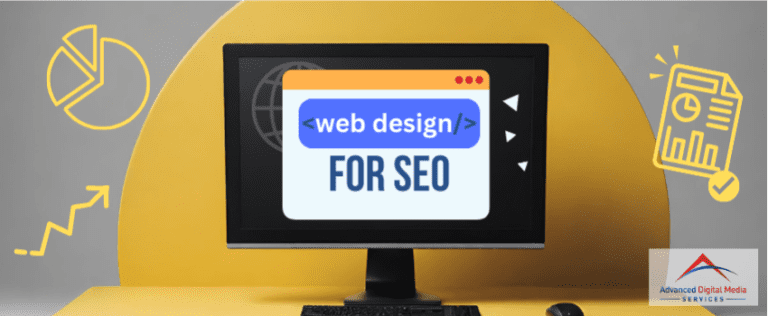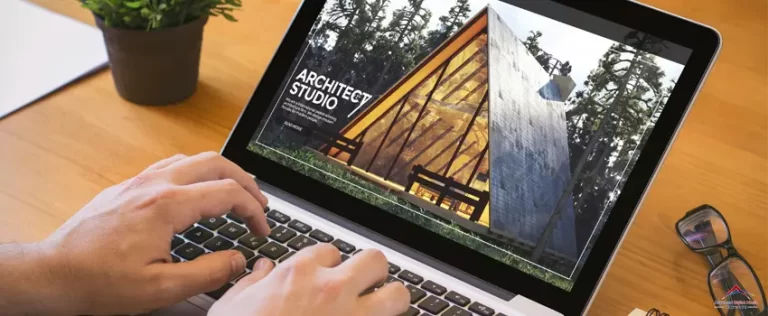There is evidence proving the importance of web design and its influence on online conversion. While you may see countless websites online, not all are successful. The difference between the two is that successful sites are attractive to the naked eye, fully functional, user friendly and serve their main goal and purpose. Designing a site is something you really have to work on different levels, section by section, to come up with a high-converting web page design. Here are the things you need to know:
1. What’s Your Purpose in Designing a Site?
The initial process in web designing is to know the goal of the company site. Your web designer must know why your site is being set up in the first place. Is it to advertise an item, service, or your company name? Is it to share knowledge? Are you using it to create an email list? There are many ways a website can work and there are many reasons behind why a site is made. Whatever the reason may be, this step is critical because it will serve as the foundation of your page.
2. How Do Your Competitors’ Site Designs Look? Can You Add Something They Don’t Have?
Researching other companies and sites that offer the same products and services as yours should be the next step. The rivalry is terrific online, and for a site to work efficiently, it has to be one of a kind. The art of research offers you and your designers an opportunity to learn if there is something new to add to your page that your rivals have overlooked before. This will give you a huge advantage over your opponents.
3. Do You Have a Straightforward Site Map?
Using everything that you have collected so far, a straightforward site map should also be illustrated. This appears to be similar to showing a blueprint for a physical a building. This must be perfectly placed at the top of your site’s page, as this area is usually viewed by spiders. Your web designers must also create an HTML form of the sitemap, use the webmaster tools, and forward it to Google. Necessary changes are corrected in this phase. As soon as the site map is accepted, the actual process of designing freely starts.
4. Is Your Page Design SEO and Browser Friendly?
The designs on your website must not only be appealing but also SEO and browser friendly. This will enhance your page’s presence online. Listed below are the things you need to remember:
Catchy Titles and Headlines
In any SEO-friendly web design, it is important to include an exceptional title tag and description on every page. The majority of top performing search engines reveal the first 65 characters of the title, and it would be better if you can come up with a good one without exceeding this limit. The targeted words must be included in the title. The same is true when you are doing page descriptions. The characters, which are usually being fetched using various search engines, are around 165 words, and you must follow the limit, with the important keywords spread equally.
SEO-friendly websites also give importance to the use of header tags. Highlighting the best phrases will help boost the relevance of the keywords and help the search engines to get an idea of what the content is all about.
ALT Tags
The ALT tags are normally utilized for pictures to keep the textual data separate from the photo. Search engine spiders are not capable of recognizing pictures. ALT tags assist the spiders by giving them the information they need about the photos, thus permitting them to index. The besieged phrases are used in the ALT tags.
CSS Navigation & Style Sheets
The drop-down option and style sheets are among the most essential practices in SEO web designing. Not similar to JavaScript and Flash, the navigation can make the text accessible and indexable through the spiders. Navigation helps a lot in indexing data and aids the spiders in following the links in the web pages. The navigation option is used for obtaining excellent web visibility in crawling.
After designing is done, it is time to give more life to your site by coding it to make it fully functional. These codes are transcribed along with the guidelines of the World Wide Web consortium and fixed into the patterns that will be utilized in your page. The patterns that are now coded are then run through several times on different devices and browsers to ensure that they are working properly.
5. Do You Have Up to Date and Relevant Content to Post on Your Page?
After establishing a good web design structure, content that includes text and images as well as desired fonts and colors should now be added.
The final phase, before it goes live, is to test it further on a server to ensure the whole site is working really well. With your approval, the site is very much ready to go live.
You can create a site and shamble content depending on your company’s needs. Customizing your page layout can be accomplished easily with the use of pre-made templates or through professional web design services. Get help in web designing to guarantee yourself a completely working and user-friendly page for your brand. Speak to one of our consultants by completing the form below.






